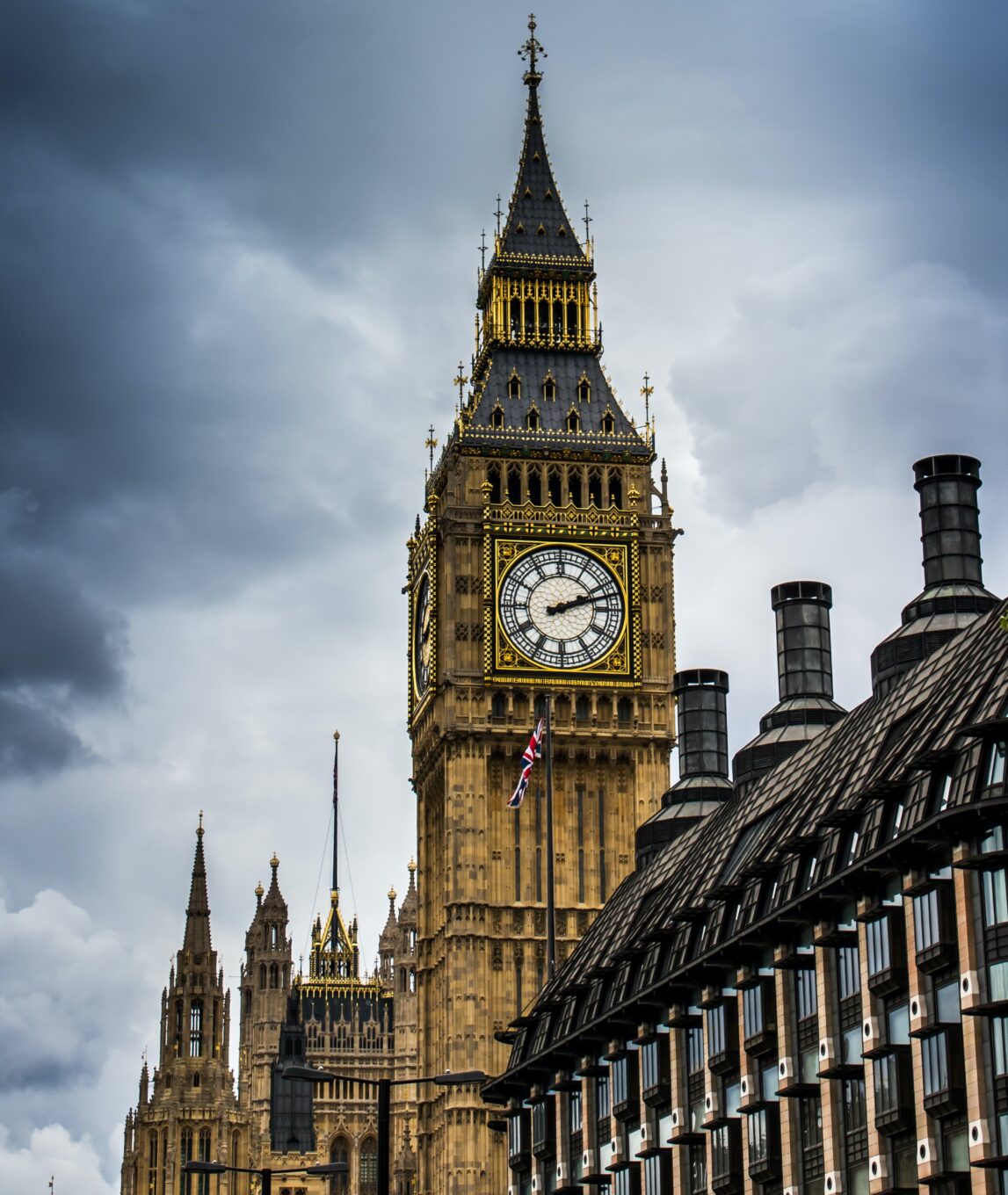Sunak’s Struggles: The challenges facing the new Prime Minister

A third Prime Minister in seven weeks: it’s perhaps an understatement to say that the past few months in UK politics have been unprecedented!
The scale of the challenge which Sunak now faces would be a daunting prospect for any political heavyweight. Not only will he be tasked with bringing together a Conservative Party which is deeply divided amongst its many factions, but he will also have to try and steer the country through the economic crisis which ultimately caused the downfall of his predecessor.
There are three major challenges which Sunak will need to address head-on to have a chance of steering the Party to success.
- Bringing the economy back from the brink
As the UK sees 40-year high inflation, rising interest rates, and a £40 billion hole in public finances, the economic situation that Sunak inherits is far from ideal. It is likely that Sunak will be forced to implement some deep spending cuts to plug the gap in public finances, however, this will be a difficult sell to the electorate at a time when they are struggling to pay bills and to his Party, when they are so far behind in the opinion polls.
Sunak’s list of economic challenges doesn’t end there though – and he will also have the job of stabilising the markets in the aftermath of the panic-inducing Truss-Kwarteng mini-budget. Although the pound has been able to successfully rise in value thanks in part to Jeremy Hunt’s interventions, Government bonds have not been able to bounce back in the same way and analysts have predicted that markets will need some time to recover thoroughly. Sunak will have to use the next few weeks, and indeed his Autumn Statement (now due on the 17 November) to reinstall confidence and trust back into the markets.
- Energy and cost-of-living crisis
Disruption to the energy supply in Europe also continues to have a significant impact, as annual energy prices in the UK have soared. While the Truss administration capped energy bills and prepayment meter costs at £2,500 a year until April 2023, with winter setting in, the demand for energy will rise and prices will follow. Meanwhile, the poorest households are also being hit by the cost-of-living crisis and data from the Office for National Statistics has shown that the overall price of budget food items in supermarkets soared by 17% in the year to the end of September, almost double the 9% annual increase measured in the 12 months to April.
As Sunak enters Number 10, he finds himself juggling a number of difficult economic decisions and he will have to find a way to help those who need it the most while keeping borrowing to a minimum and remaining conscious of the country’s fiscal position. As just one example of the conflicting challenges he faces, a coalition of 40 charities and campaign groups have joined together to form the Stop the Squeeze Campaign, which has warned that deep cuts to public spending will only deepen poverty… however, it may also be the only way to plug the gap in the public finances.
- Political crisis
Sunak has been quite clear that the Conservative Party faces an ‘existential dread’ which must be dealt with if they are to have any shot at regaining the confidence of the public and winning a General Election. However, with senior figures in the Party asking whether it is now broken beyond repair and with some claiming they are now ‘ungovernable’, uniting the Conservative Party is going to be somewhat of an uphill battle for Sunak.
To kick off this fight, he has carefully selected a ‘unity cabinet’ to ensure that every faction of the Party feels heard on the front benches. That has seen him reappoint the ERG member and hardline Brexiteer Suella Braverman as Home Secretary, despite her having been sacked from the same role by Liz Truss. He has also promoted one nation figures such as Gillian Keegan, who has reached the cabinet for the first time in her new role as the Education Secretary. By building this cabinet, Sunak has avoided the mistakes of his predecessor, who appointed only allies and friends to her top table, and likely hopes he will be able to avoid a similar fate.
So what does this mean for industry?
Businesses want a return to economic and political stability. Sunak will need to restore the confidence of business leaders through a sustainable, long-term economic plan. The appointment of Jeremy Hunt as Chancellor and his un-doing of Liz Truss’s mini-budget was a welcome and necessary start but Sunak must go further to address spiralling inflation and bring optimism for investors and businesses alike.
It is equally frustrating for businesses that the ministerial ranks of government are seemingly in an unending state of change, however, the early signs are positive, suggesting that Sunak wants continuity.
In his reshuffle this week we saw the PM keep 10 cabinet ministers from the previous administration, including several direct reappointments and the return of many former ministers to departments they had previously served. This is promising to businesses who want to build meaningful relationships with Ministers, and Sunak will know continuity on his government benches is pivotal in reassuring the economic community (and his own party) that the chaos is over. Early engagement and a clear ask/offer will help businesses quickly build relationships with this new Government which is under immense pressure to make its mark.
Callum Murphy, Senior Account Executive (Public Affairs)
Find Out More
-
Achieving Outsized Impact by Building Stronger Country Reputation
February 18, 2025


